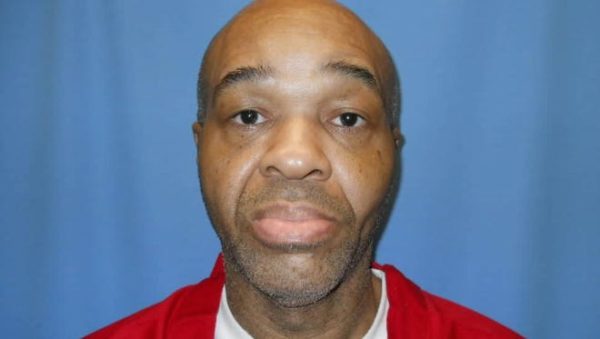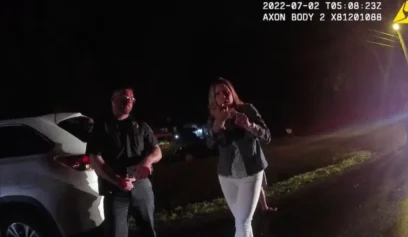On Thursday, the Mississippi Supreme Court decided that an inmate who has been on death row for nearly 30 years deserves a new trial. A dentist’s bite-mark testimony that was used to convict Eddie Lee Howard Jr. in a 1992 killing has been discredited.
Howard, 67, was first convicted of capital murder in 1994 for killing 84-year-old Georgia Kemp, and was sentenced to death.
On Feb. 2, 1992, a neighbor noticed smoke rising from Kemp’s home in Lowndes County, Mississippi. First responders discovered a small fire inside the living room of the house and found Kemp’s body on her bedroom floor. Her legs were covered in blood and a bloody knife was found on top of the bed. She had been beaten, stabbed to death, and was likely raped. Howard was arrested six days later.

Howard’s conviction was overturned in 1997, but he was convicted a second time in 2000 after Dr. Michael West, a dentist, testified that bite marks supposedly found on Kemp’s arm and neck were “consistent with” Howard’s teeth. Dr. West also said that a bite mark found on Kemp’s right breast was “identical” to impressions of Howard’s teeth.
Dr. West himself has since stated that bite-mark evidence should not be used in court because it is an unreliable form of forensic evidence. At a 2012 deposition, West said “I no longer believe in bite-mark analysis,” adding, “I don’t think it should be used in court. I think you should use DNA. Throw bite marks out.”
Dr. West has developed his own techniques that he once claimed allowed him to conclusively connect bite marks on the skin to a single individual. He once said he could link bite marks left on a sandwich at a crime scene to a primary suspect.
He later admitted: “The science is not as exact as I had hoped.”

Dr. Steven Hayne, a medical examiner who also testified about forensic evidence at a he trial, never claimed that he saw any bite marks on Kemp’s body until after several days had passed and Howard had been identified as the primary suspect.
The justices wrote about the use of bite marks as forensic evidence on Thursday, saying, “an individual perpetrator cannot be reliably identified through bite-mark comparison.” The justices also pointed to the need for DNA evidence to link Howard to Kemp’s murder and decided that the lack of evidence connecting Howard to the murder outside of the bite-mark testimony, indicated that he is “entitled to a new trial.”
DNA tests from several years ago found that male DNA that was not Howard’s was on the bloody knife left on Kemp’s bed. In addition, DNA tests done on the victim’s clothing and the rape kit have excluded Howard.
Dr. West has acknowledged the role of DNA in forensic evidence compared to bite-mark analysis, saying, “DNA has made it fairly obsolete.”
Out of the 38 Mississippi criminal trials for which the Jackson, Mississippi, newspaper the Clarion-Ledger found a record of West’s testimony, 31 ended in convictions. He says he has worked on 16,000 cases.
At a 2016 deposition, Dr. West appeared to make statements that contradicted his apparent critical stance on bite-mark analysis.
“I stand on my testimony,” he said when asked about his testimony at Howard’s trial. When asked again, Dr. West repeatedly said he stood by his testimony, while also admitting that he had not looked at it since 1992 and could not remember what he said.
A 2013 analysis by The Associated Press found that at least two dozen people convicted on rape and murder charges based based on bite-mark evidence had been exonerated since 2000.
In fact, Dr. West has given bite-mark testimony in cases that have now been overturned. Levon Brooks and Kennedy Brewer, two Black men wrongfully convicted of the rape and murder of two 3-year-old girls in Mississippi after trials that included Dr. West’s bite-mark testimony, were later exonerated on DNA evidence. Both men spent more than a decade in prison.
Howard is currently being held at the Mississippi State Penitentiary at Parchman and has been represented by a team of attorneys with the Innocence Project, who requested a retrial on his behalf.


